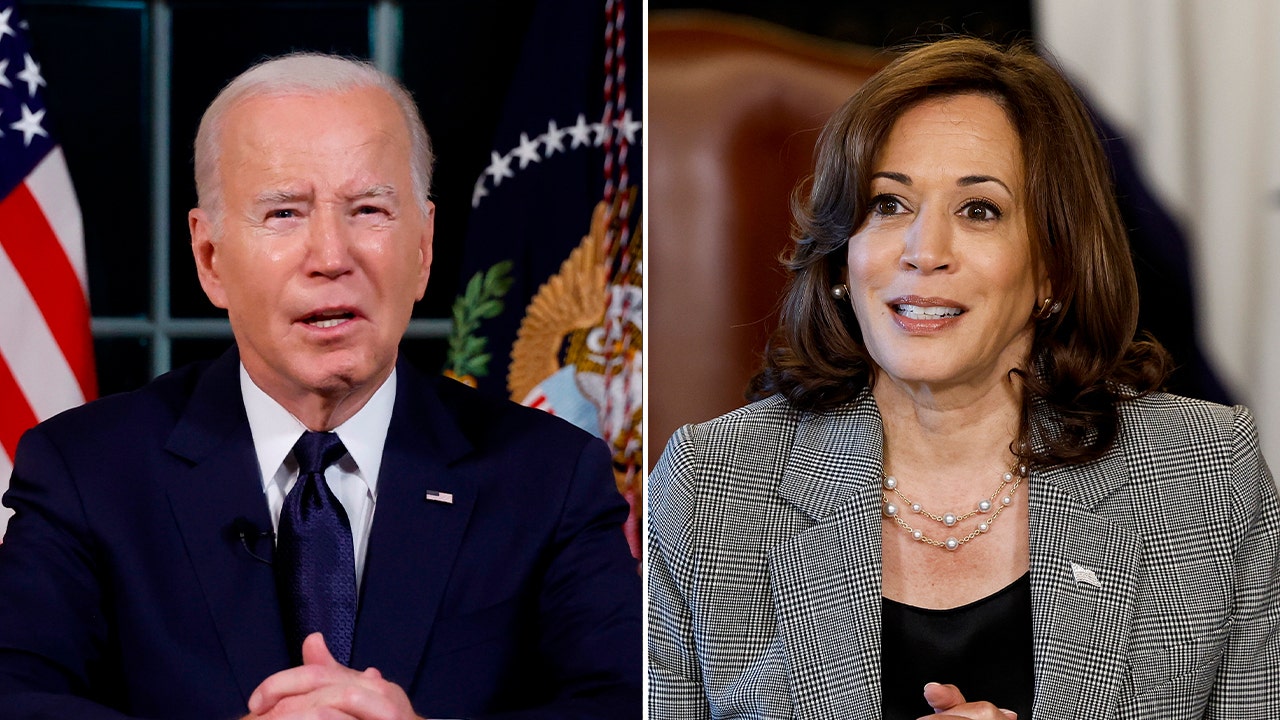Ohio Gov. Mike DeWine (R) struck down a bill that would have banned gender-affirming care for minors, preserving such care for residents beyond his state as well, because families of transgender youths who live in states with bans have been traveling to Ohio for treatment.
Republicans, who have a supermajority in the legislature, could override DeWine’s veto and are expected to push back.
“This bill would impact a very small number of Ohio’s children. But for those children who face gender dysphoria, the consequences of this bill could not be more profound. Ultimately I believe this is about protecting human life,” DeWine said Friday during a news conference announcing the decision. “Many parents have told me that their child would not have survived, would be dead today, if they had not received the treatment they received from one of Ohio’s children’s hospitals.”
ADVERTISING
“These are gut-wrenching decisions that should be made by parents and should be informed by teams of doctors who are advising them,” DeWine continued. “Were I to sign House Bill 68, or were House Bill 68 to become law, Ohio would be saying that the state, that the government knows better what is medically best for a child than the two people who love that child the most: The parents.”
Hundreds of anti-trans bills have wound their way through dozens of state legislatures across the country. Almost half the states in the nation have
passed laws targeting transgender people — including states that border Ohio. Many of these bills ban gender-affirming care for minors and restrict trans girls’ participation in school athletics.
Ohio’s Saving Adolescents From Experimentation Act, or SAFE Act, would have prohibited hormone therapy, puberty blockers and gender reassignment surgery for people under 18. The measure also would have prohibited transgender girls from playing on sports teams designated for girls and women in high school and college, known as the Save Women’s Sports Act. Its sponsor, state Rep. Gary Click (R),
has said that the measure was not about “culture wars” but about “medical ethics.”
Click’s office had told The Post that if vetoed, he would call for the legislature to override the veto.
DeWine said that while he is vetoing the bill, he is directing his administration to begin work on administrative rules “to establish important protections for Ohio children, and Ohio adults” on the issue. This will hopefully avoid a veto override, he said.
Ohio legislators sent the bill to DeWine
this month after heated debates among lawmakers. Proponents argued that the measure focused on the well-being of children; opponents argued that the bill was not supported by science and, in turn, could cause more harm than good.
Hundreds of people testified in hearings on the legislation this year, with 87 people testifying during a state Senate committee hearing in early December that stretched past 11 p.m. A majority of them
testified against the bill, and many of those who supported the ban flew in from out of state to testify.
The bill passed the Ohio Senate 24-8 and the House 61-27, largely along party lines in the Republican-controlled chambers, joining more than 20 states that have passed similar restrictions in the past two years.
Ohio resident Rick Colby broke party lines in May to testify against the bill as a Republican. His adult son is transgender, and has received gender-affirming care in the state, Colby told The Washington Post this week, referring to the bill as a “horror” and adding that it suggests a disparity among Ohioans’ ability to care for their trans children.
While minors who are already receiving gender-affirming care would’ve been allowed to continue, other parents “would be criminals, if they seek care for their child after the bill becomes effective. It’s crazy,” Colby said, suggesting that the governor consider creating a commission to study the issue instead. “This is not like some partisan issue here. This is an issue that transcends politics. … Get all the right people together, parents and even supporters of the bill, get them all together. Then have public meetings.”








